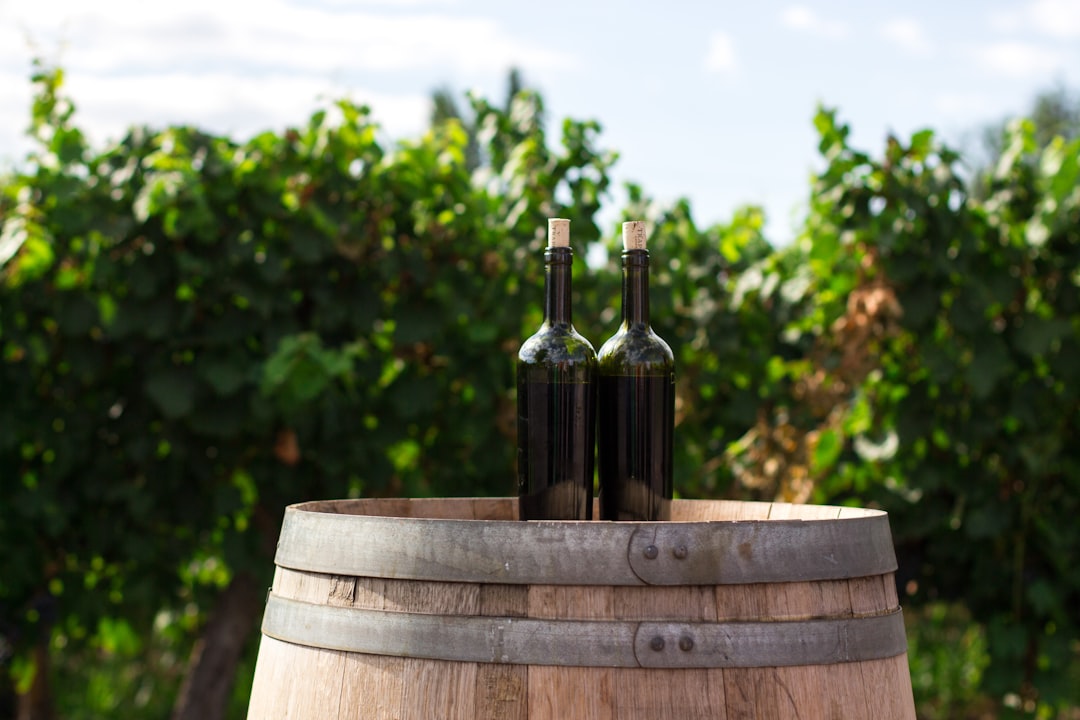What is it about?
We were interested in interested in a 'tradiitonal' production system for pigs - raised outdoors, no feed additives used, for example. To examine this we used a large, national online survey with a stated preference experiment included. There was value in the traditionally raised production system to many Canadian consumers but only if the claim were verified by an independent third party - the government was a preferred verification agent. People who already eat pork very frequently did not have as much interest in the production system as those who eat it less frequently.
Featured Image
Why is it important?
The use of the word natural is growing on many food products. We found out that in the case of pork it was essential that it be verified before, in our case, traditionally raised as a descriptor added value to Canadian consumers. We also found that, unexpectedly, people with higher trust in the current food industry were willing to pay more for the verified traditionally raised pork than were people with lower trust.
Perspectives
I liked this paper because the results were counter intuitive to our original hypotheses. We originally thought a verified more tradiitonal production system might interest the people with lower trust in our current food system. For some of them there was value in the system. However the people with higher trust in the food system were willing to pay even more for the verified traditionally raised pork - suggesting that those with high trust continue to look for production attributes that coincide with their values.
Professor Ellen W Goddard
University of Alberta
Read the Original
This page is a summary of: Trust and Consumer Preferences for Pig Production Attributes in Canada, Canadian Journal of Agricultural Economics/Revue canadienne d agroeconomie, May 2017, Wiley,
DOI: 10.1111/cjag.12138.
You can read the full text:
Contributors
The following have contributed to this page










